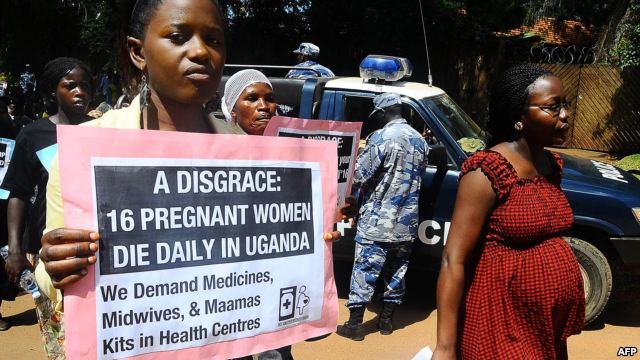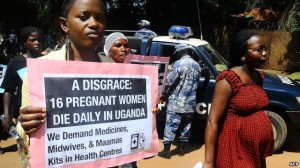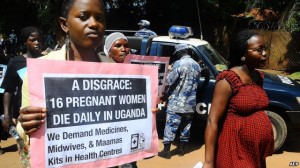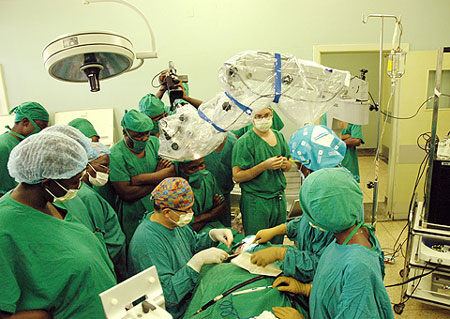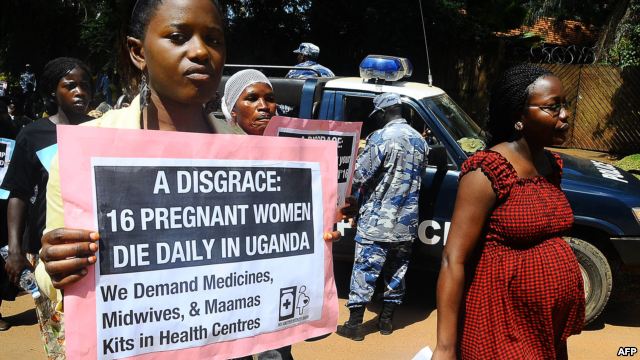By Doreen Murungi
Uganda spends sh7.5bn each year treating complications resulting from unsafe abortion, a new study reveals.
The World Health Organization guidance on abortion-related services reveals that in Uganda, about 300,000 abortions are carried out every year.
“Abortion related complications are one of the leading causes of admissions to gynaecological wards in hospitals across the country,” Professor Florence Mirembe, an associate professor at the department of obstetrics and gynaecology at Mulago hospital said last week.
She was speaking at a three day national conference on reducing maternal mortality from unsafe abortion that brought together different participants in government and the private sector.
Dr. Charles Kiggundu, a consultant gynecologist and obstetrician says many women, especially youth die from complications of unsafe abortion in Uganda.
“There is evidence that whatever the law or restrictions attached to abortion, the practice only goes underground and kills more women,” Kiggundu says.
Dr.Olive Sentubwe a WHO reproductive and maternal health expert revealed that 85,000 women are treated for complications from abortion every year. An estimated 68,000 die every year from unsafe abortion and many more are injured, some permanently. Not only is this a weighty magnitude but there are major financial costs involved.
A study by Guttmarcher, an institute seeking to advance sexual and reproductive health shows that $83 (sh205,000) is spent treating post abortion complications per patient in Africa and jumps to $114(sh280,000) when overhead and capital costs are included.
This means that a country like Uganda, with 85,000 women treated for abortion complications every year, could be spending at least $7m about sh17.6bn.
“Treating complications of unsafe abortions overwhelms impoverished healthcare services and diverts limited resources from other critical health care,” Sentubwe said.
According to the medical experts, nearly all unsafe abortions are because of unwanted pregnancies, the costs result from the failure to prevent those pregnancies through family planning or, to terminate them safely within constraints of the law.
“Health systems have a responsibility to provide these services and to build understanding of unsafe abortion as a critical public health issue, social justice and human right,” said Dr. Eunice Brookman-Amissah, the vice president for Africa of Ipas, a global nongovernmental organization working to increase women’s access to reproductive health services.
The participants urged governments to compare the costs of unsafe abortion with the fairly reasonable costs of the actions that could prevent unintended pregnancies so as to better protect women’s health and cut down the costs spent on the implications of unsafe abortion.
“We need to remove blame, be non-judgmental and provide empathetic care to the victims who certainly do not need to die if there is comprehensive contraception, sexuality education everywhere especially for young people, safer abortion measures for those that must have the abortions and safe and quality post abortion care for the unfortunate ones,” Dr. Charles Kiggundu, recommends.
Source: http://www.newvision.co.ug/news/631950-abortions-claim-68-000-girls-annually-study.html


